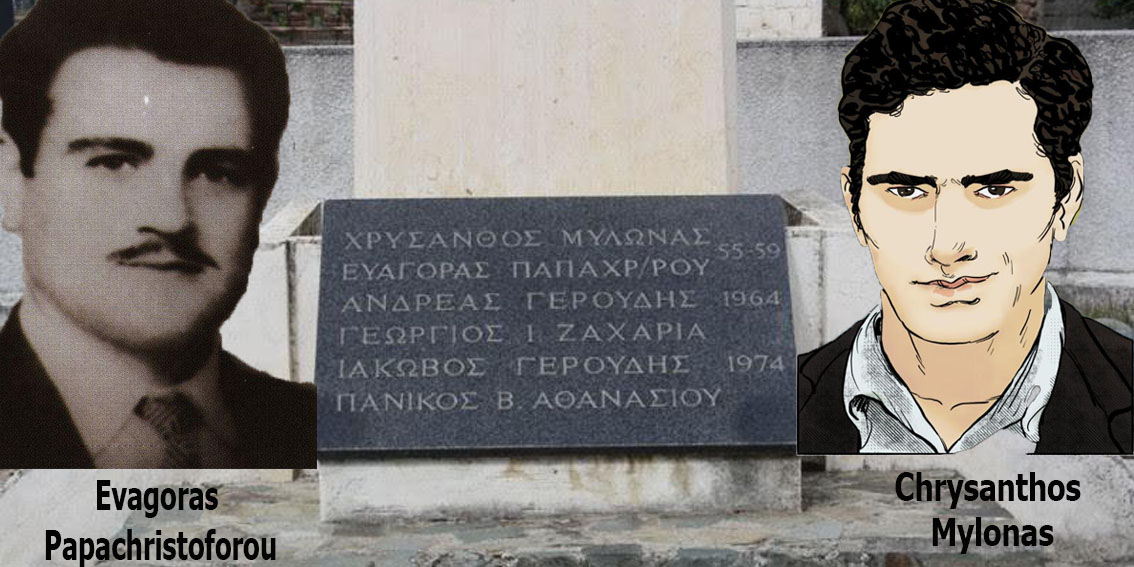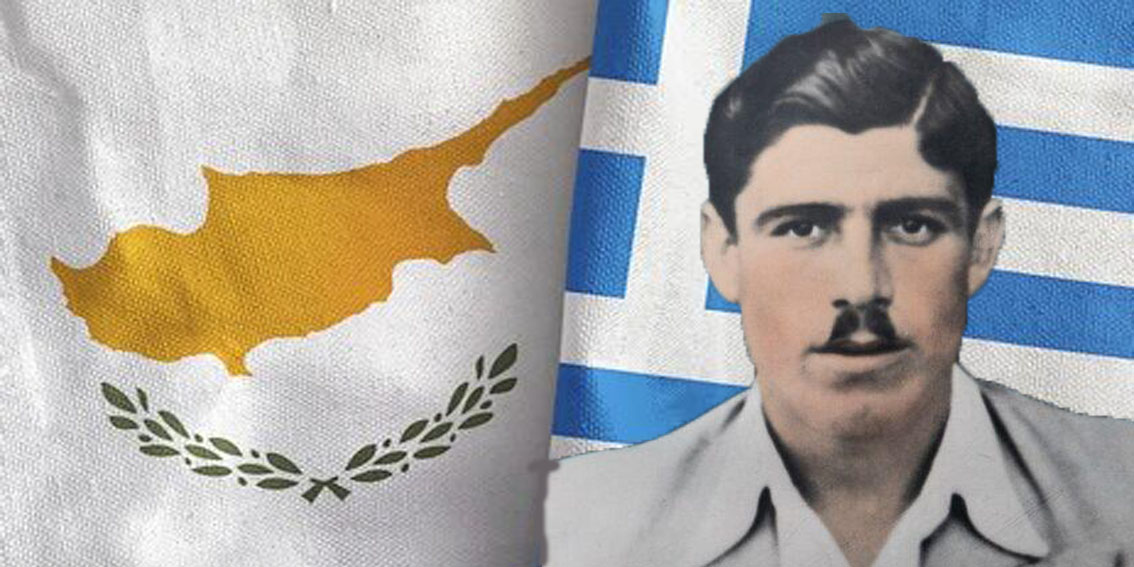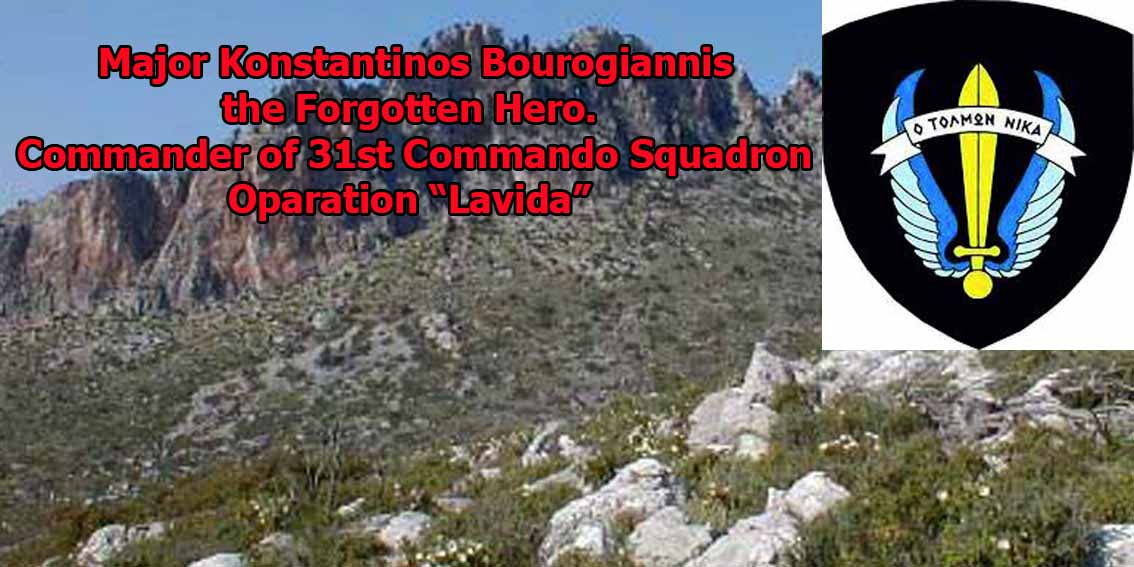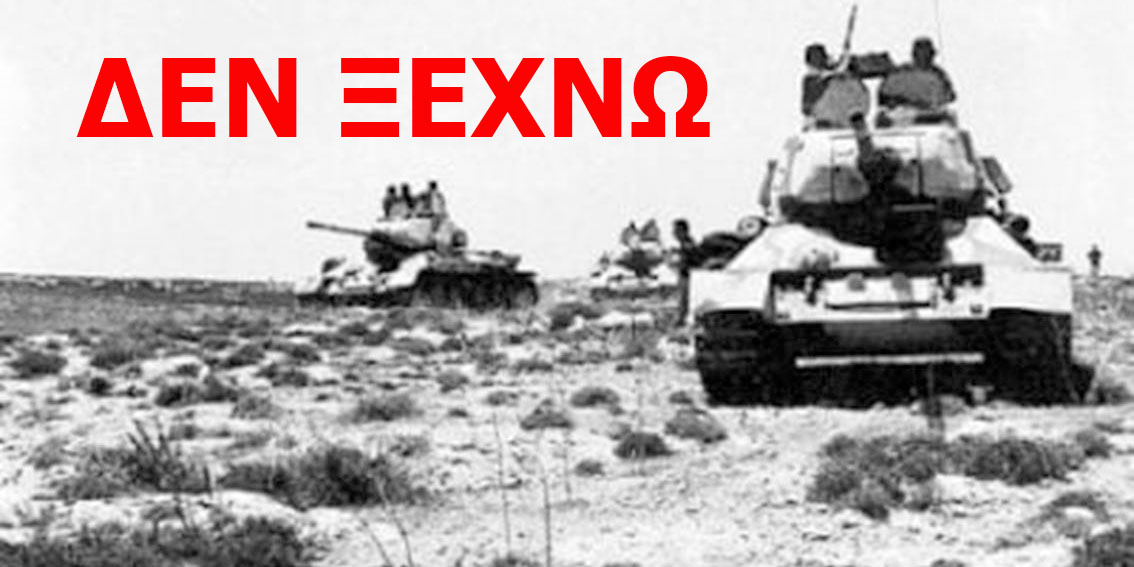Early Life and Initial Actions
Evagoras Papachristoforou was born on November 20, 1937, in the village of Kato Amiantos, Limassol district. He graduated from the local primary school and later worked as an electrician at the Amiantos mine, where he also served as a founding executive of the SEK union. He quickly joined the armed struggle, participating in early military operations against the British. These actions included an attack on the guards of the Amiantos mine’s explosives on November 25, 1955, and the historic battle of Pefkos, which General Georgios Grivas personally directed, on November 23, 1955. His role was also decisive in facilitating Grivas’s escape to the Spilia hideouts after that battle.
Imprisonment and Escape
British forces arrested Papachristoforou in January 1956. They subjected him to extensive torture before imprisoning him at Kokkinotrimithia. Demonstrating incredible resolve, he escaped with six other prisoners on September 13, 1956. He then joined the rebel groups of Grigoris Afxentiou in Pitsilia, taking part in two ambushes and the execution of an English agent in Amiantos.
Leadership and Betrayal
Following major betrayals in Pitsilia, Papachristoforou fled with the fighter known as Lenas to the Gerasa region. Lenas appointed him leader of the group before departing. On February 17, 1957, British forces ambushed Papachristoforou as he returned to his area. He suffered a head injury but managed to escape to Limassol with the traitor M.A. In May 1957, on orders from Digenis, he organized a new rebel group in Solea, establishing a hideout near Galata.
A Hero’s End
The traitor M.A. murdered Evagoras Papachristoforou in his hideout on October 8, 1957. The same man then killed Papachristoforou’s cousin and supplier, Chrysanthos Mylonas. After these heinous crimes, M.A. surrendered to the British and continued his treason.
A Provocative Funeral
The funeral of Evagoras Papachristoforou in his home village became a national demonstration. The British authorities forbade his father, who was in detention, from attending. This act enraged the Greek Cypriot prisoners, who staged a violent protest and set fire to their prison.




